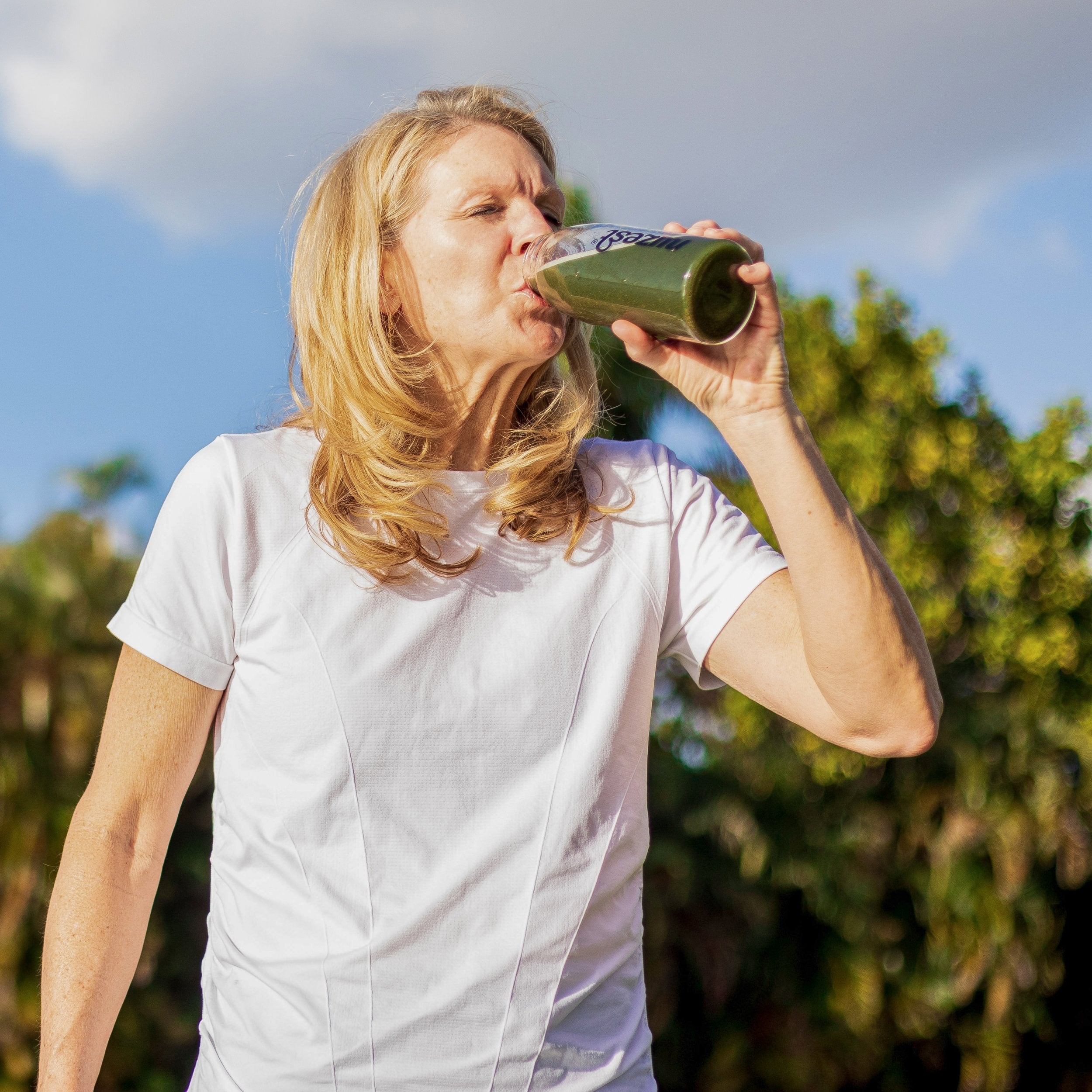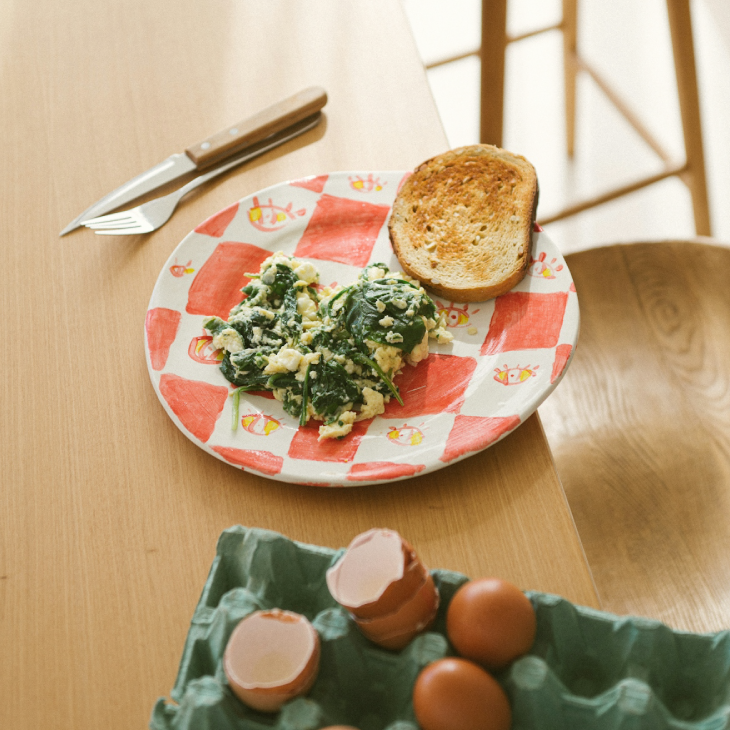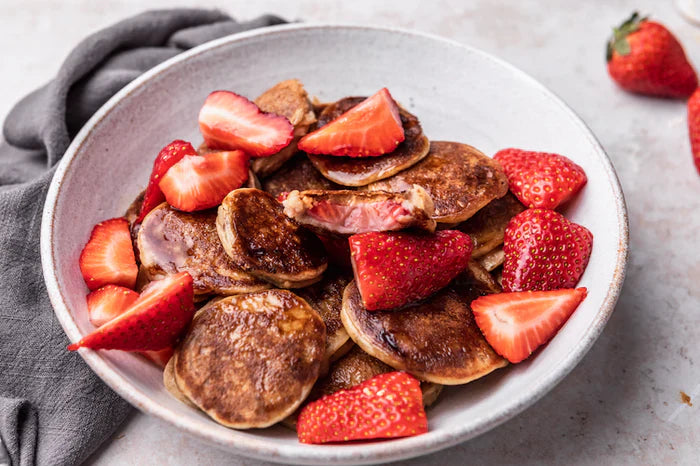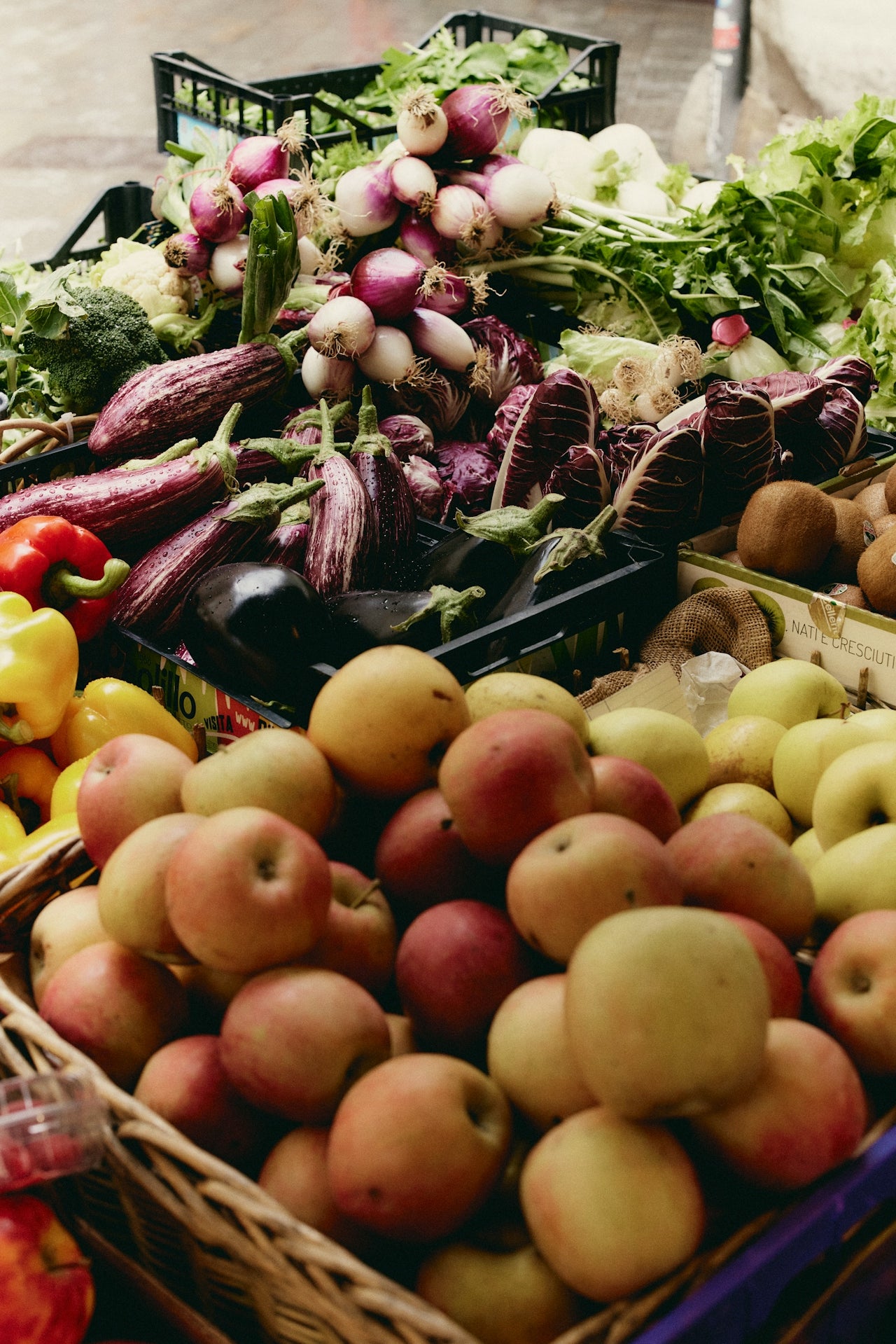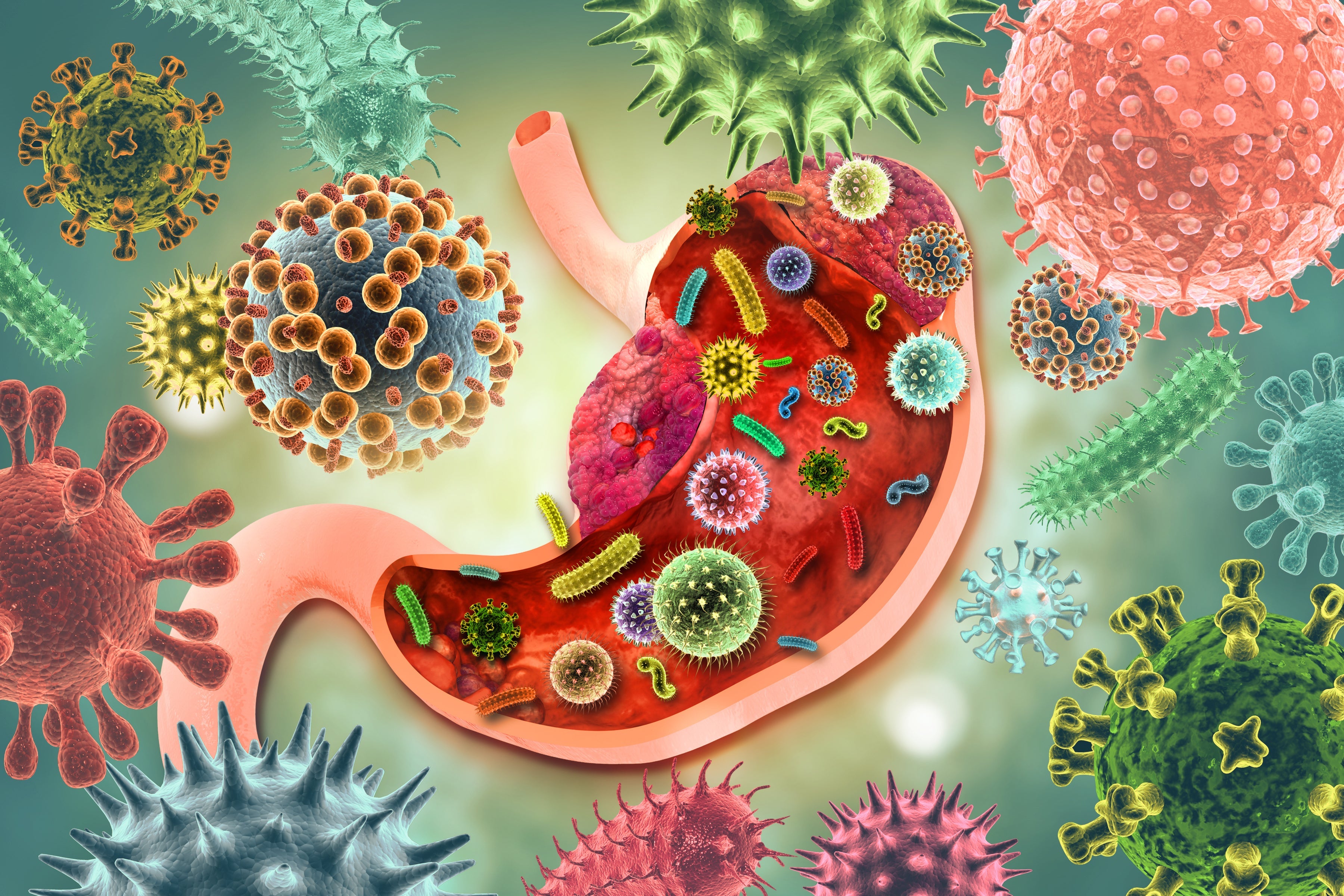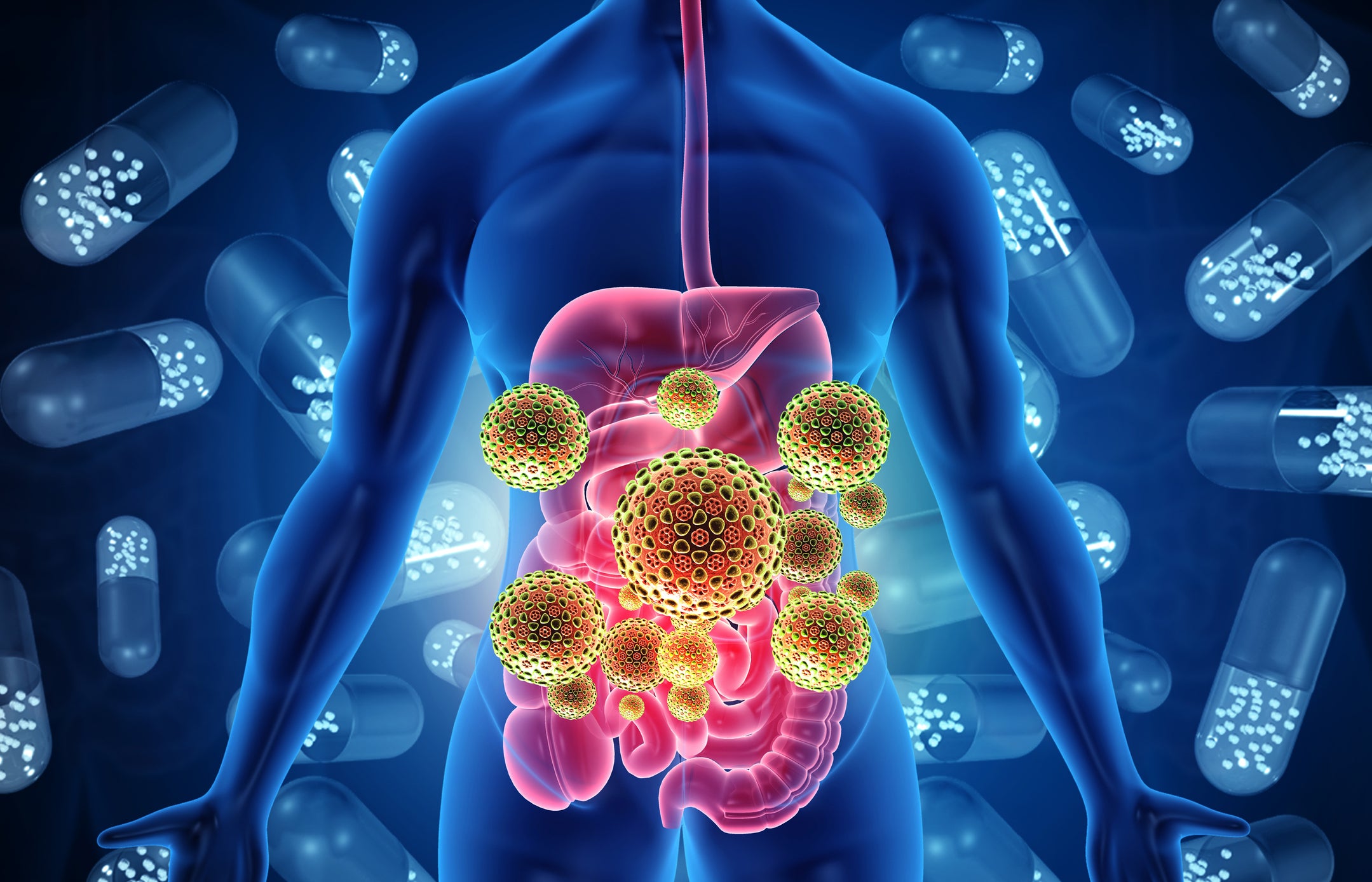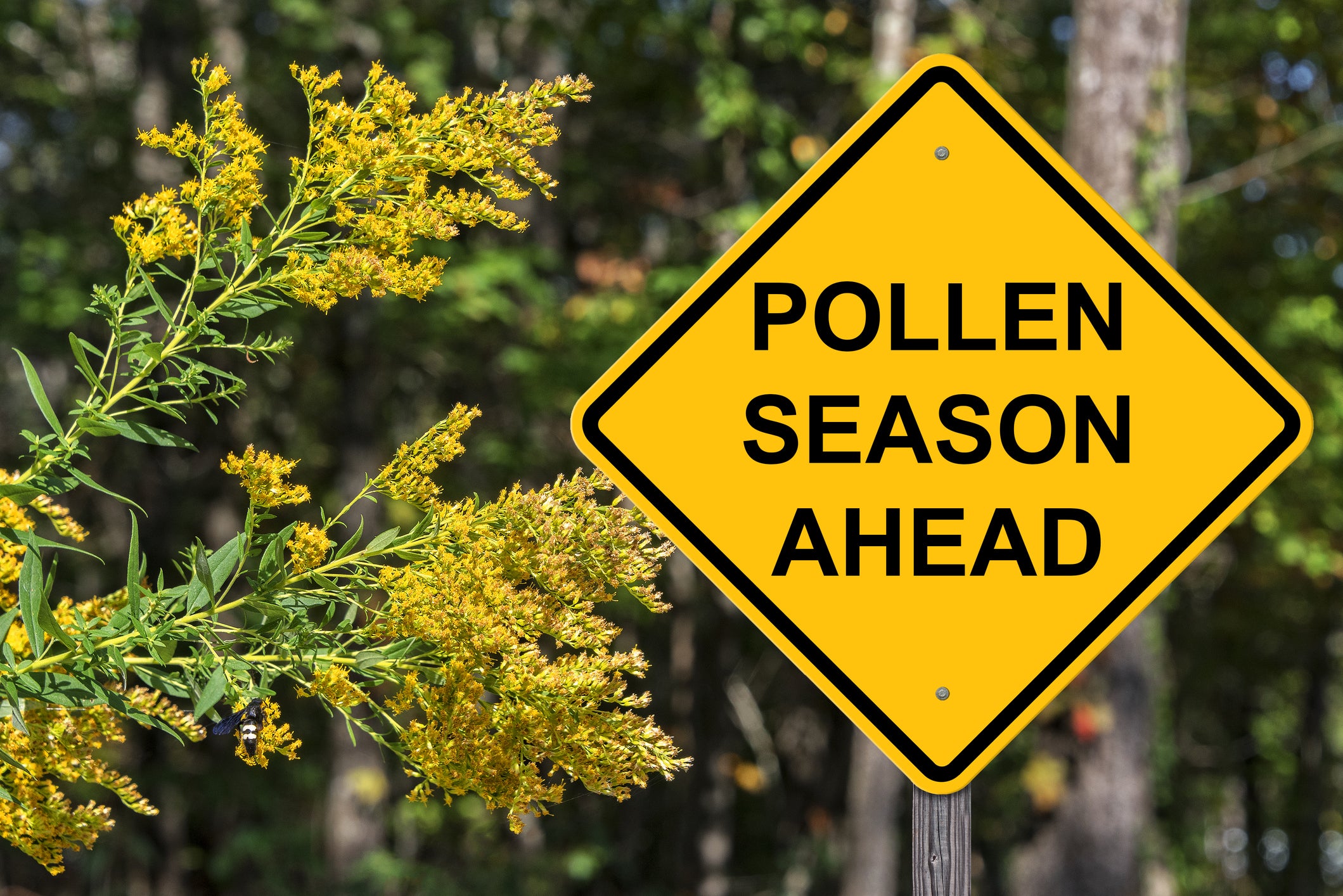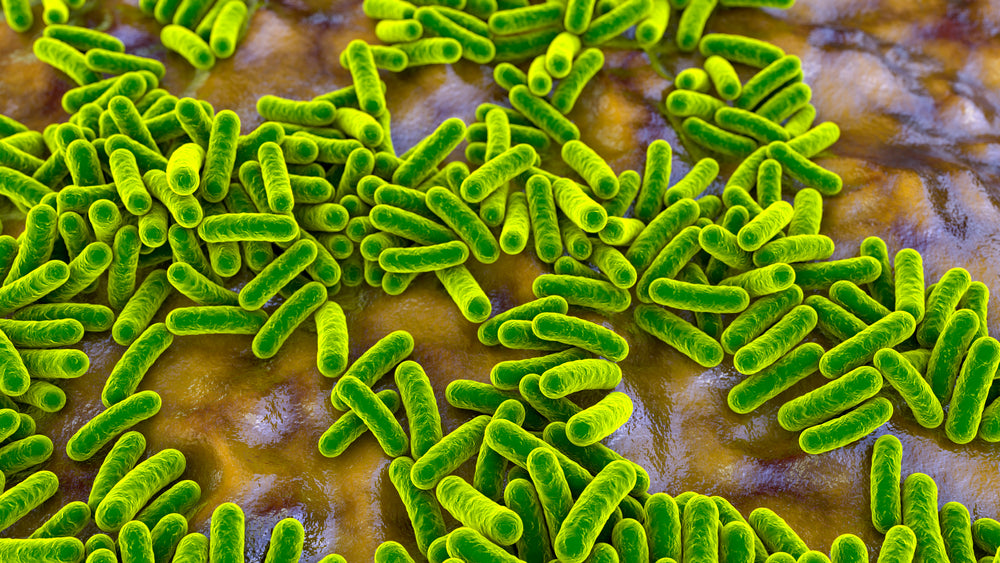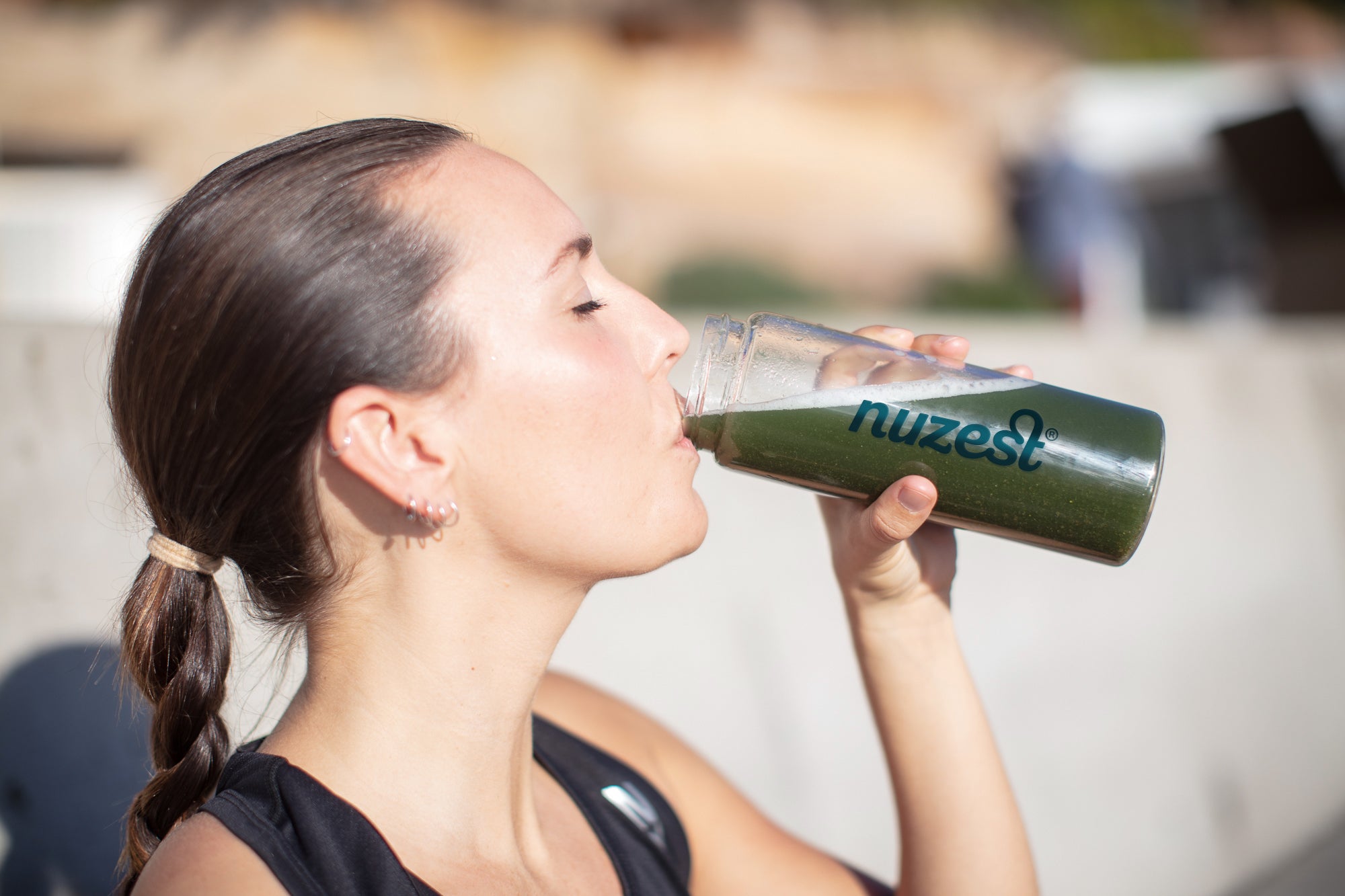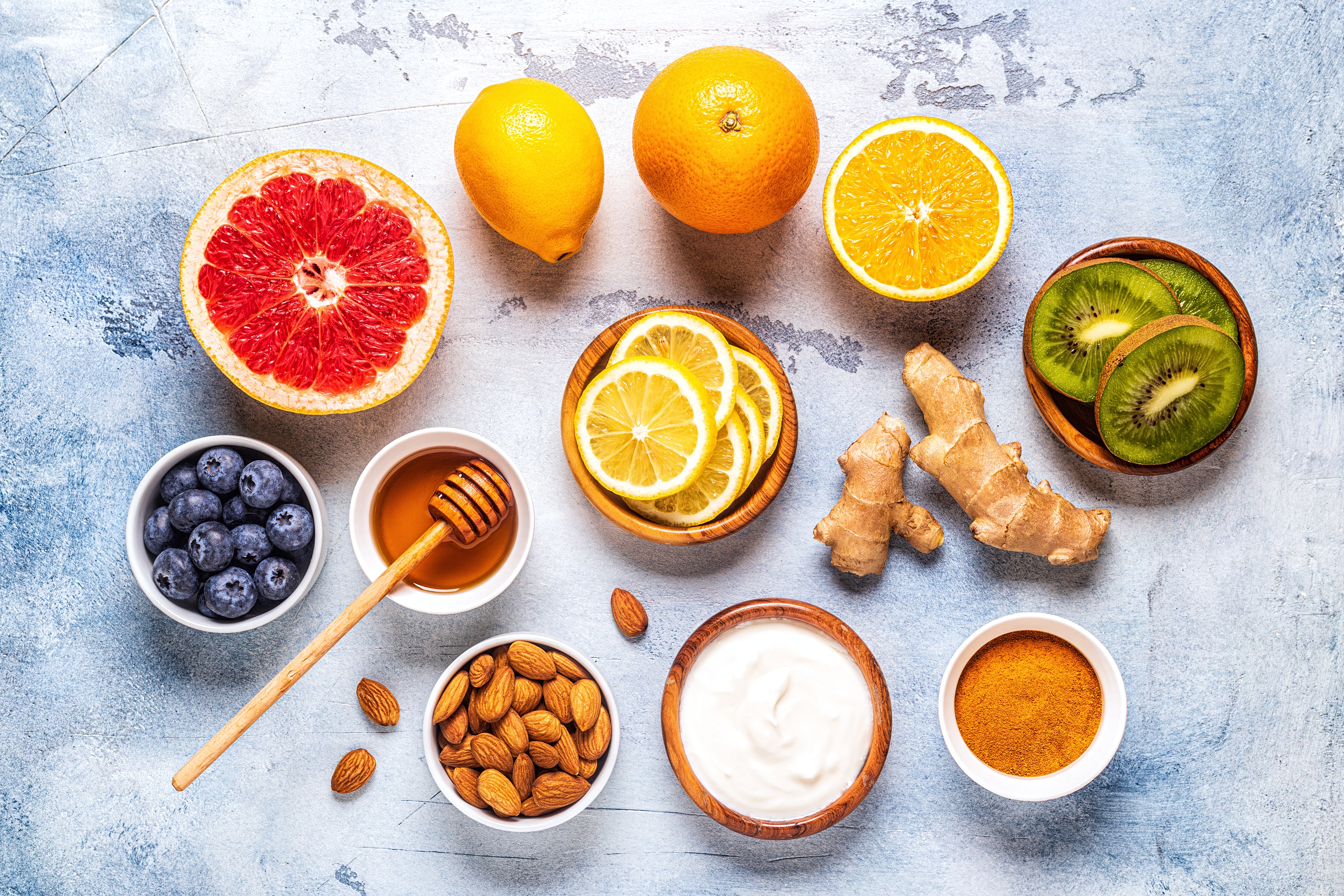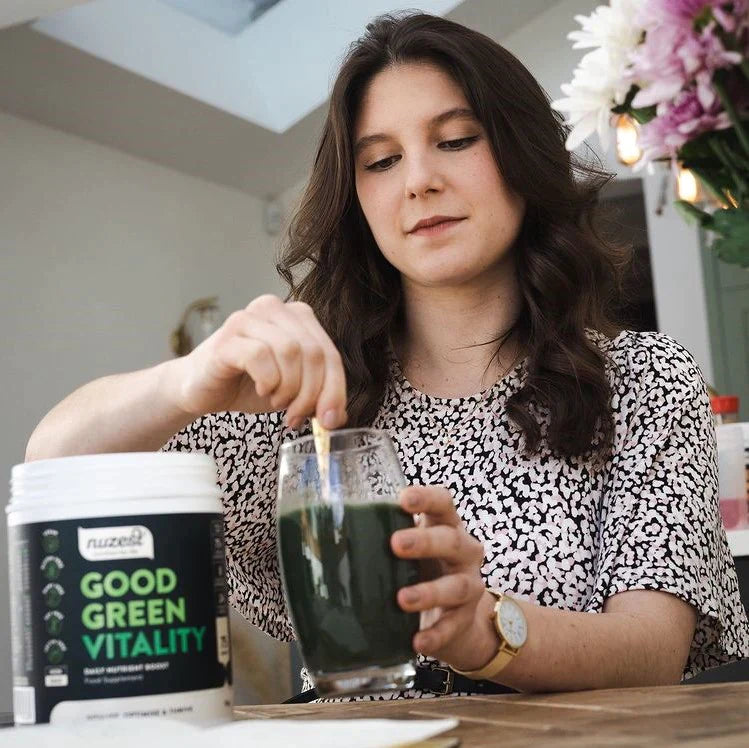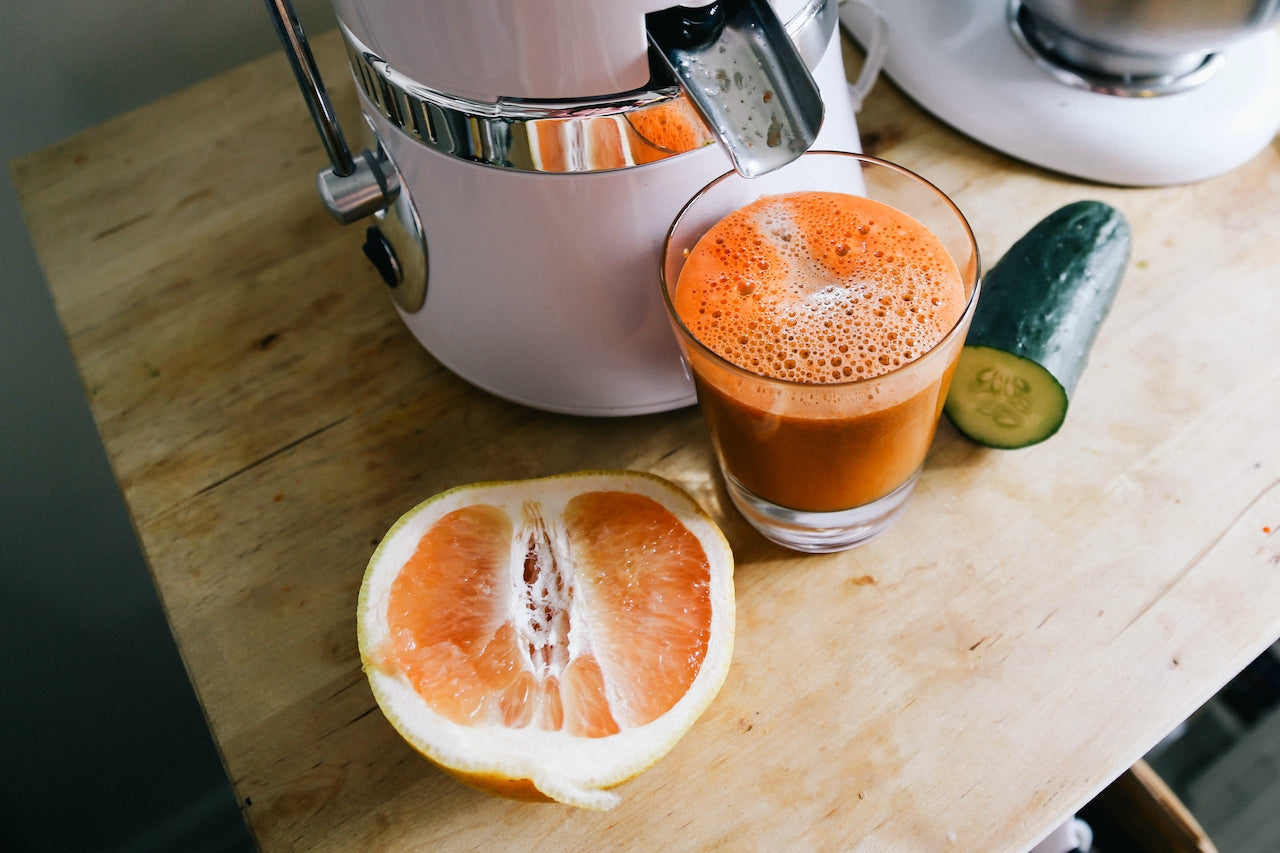More people are interested in plant-based diets than ever before. One of the primary things missing from many vegan and vegetarian diets other than B12 is often protein, which leads people to seek a healthy solution to balance their diet with the right levels of protein. Both pea protein and quinoa protein powders are good options, but both have noteworthy differences. In the pea protein vs quinoa protein debate, which one is right for you?
Here is a breakdown of the difference between pea protein and quinoa protein to help you decide where you stand on the pea protein vs quinoa protein debates and which is the best option to include in your balanced diet.
Table of Contents
- What Is Quinoa Protein?
- What Is Pea Protein?
- How Do Quinoa Protein and Pea Protein Compare Nutritionally?
- Is Pea Protein Better Than Quinoa Protein?
- Is Quinoa Protein a Complete Protein?
- Is Pea Protein a Complete Protein?
- Benefits of Quinoa Protein
- Benefits of Pea Protein
- How Do Pea Protein and Quinoa Protein Taste?
- What Do I Choose: Pea Protein or Quinoa Protein?
What Is Quinoa Protein?
Quinoa protein is taken from quinoa, which is commonly wrongly referred to as a grain when it is actually a seed. Quinoa itself is considered to offer more protein, as well as a more complete form of protein, than most types of grains.2
In order to be deemed as a complete protein, a food must contain the nine essential amino acids, and quinoa in the whole form does offer all nine.1
However, when tested as an isolate, quinoa protein does contain the list of essential amino acids in reasonable concentrations, but it does not contain a reasonable amount of tryptophan.9
What Is Pea Protein?
Simply put, pea protein is an isolated protein harvested from yellow split peas. These peas are a good source of protein, as well as a long list of other nutrients. Pea protein is a complete protein source, and Clean Lean Protein by Nuzest is an easy way to get this form of protein into a plant-based diet. According to the American Cancer Research Institute:10
“Compared to protein-fortified products with protein isolated from hemp seed, rice, and most other grains, pea protein contains a better balance of essential amino acids.”
Pea Protein vs Quinoa Protein: How Do They Compare Nutritionally?
Nutritionally, quinoa protein and pea protein are both good sources of the essential amino acids your body needs. Both protein sources offer those essential amino acids like lysine and leucine. However, isolated quinoa protein may have lower concentrations of tryptophan than pea protein. Tryptophan is responsible for helping the body create serotonin.
Is Pea Protein Better Than Quinoa Protein?
While both quinoa and pea protein have their advantages, many people do prefer pea protein over quinoa protein. Quinoa offers a really good dose of minerals; one cup of cooked quinoa can give you about 15 percent of your daily value of iron and 18 percent of your daily value of copper.3
Unfortunately, much of these additional nutrients can be lowered during the quinoa protein isolation process. If you are consuming pea protein powder, you do still get those valuable BCAAs, iron, and fiber. Quinoa protein isolate is also not readily available as a consumer product just yet; you are much more likely to find it mixed with other plant-based proteins such as pea protein. Those products that are available tend to contain supposed small concentrations of quinoa proteins or are basically a quinoa flour that has been defatted through hexane extraction.

Is Quinoa Protein a Complete Protein?
Quinoa protein is a complete protein source only when it is derived wholly from quinoa and not when it is in an isolate form. In the whole form, quinoa contains all of the essential amino acids to be deemed a complete protein, such as lysine, leucine, and tryptophan. However, when isolated, tryptophan is not present in substantial enough amounts to deem it a complete protein source.
Is Pea Protein a Complete Protein?
Pea protein is also considered to be a complete protein source. Just like quinoa, it offers all nine of the essential amino acids, including hard-to-find lysine, to quantify it as a complete protein source. Clean Lean Protein by Nuzest, made from pea protein, is a complete protein source as well.
Benefits of Quinoa Protein
Quinoa protein is naturally gluten-free and quinoa contains all of the essential amino acids to make it a complete protein source. This protein combines well with other protein isolates, such as sunflower protein,4 and it also combines well with other enzymes to aid in the digestive process.
Benefits of Pea Protein
Pea protein is also gluten-free by nature. It is rich in BCAAs (branched-chain amino acids) to help the body generate muscle protein.5 Also, consuming pea protein could support lower blood pressure,6 maintain stable glucose levels,7 and promote fullness.8
Pea protein can be combined with digestive enzymes for easier digestion and is naturally free of soy.
How Do Pea Protein and Quinoa Protein Taste?
Quinoa generally has a neutral flavor that is easily masked, which makes it a good additive to things like shakes that do not have a heavy flavor. Pea protein can have a slightly mellowed sweet taste, but it's still a rather neutral flavor. Both types of protein powders blend well with other veggies and fruit flavor.
What Do I Choose: Pea Protein or Quinoa Protein?
Overall, both quinoa protein and pea protein have their obvious advantages. Either of these two proteins are an excellent addition to a gluten-free, plant-based diet because they are rich sources of protein. Pea protein can provide a more powerful punch of nutrients, however, since quinoa’s nutrients can be inadvertently filtered out through the protein isolation process.
If you are on the fence about which protein source is best, give them both a try to determine which one is easier for your body to digest, which one gives you more satiety, and which one offers the most preferable flavor. The options for protein powders are endless, so give some of these recipes a try and mix it up whenever you want! If you have tried both, where do you want on the pea protein vs quinoa protein debate?
References
- https://www.healthline.com/nutrition/11-proven-benefits-of-quinoa
- http://www.fao.org/quinoa-2013/what-is-quinoa/nutritional-value/en/?no_mobile=1
- https://www.medicalnewstoday.com/articles/274745.php
- https://www.healthline.com/nutrition/best-vegan-protein-powder
- https://www.ncbi.nlm.nih.gov/pubmed/25628520
- https://www.ncbi.nlm.nih.gov/pubmed/21854068
- https://www.ncbi.nlm.nih.gov/pubmed/22916818
- https://www.ncbi.nlm.nih.gov/pubmed/25882536
- https://www.sciencedirect.com/science/article/pii/S0570178315000433
- https://blog.aicr.org/2017/10/30/health-talk-pea-protein-is-everywhere-is-it-healthy/




